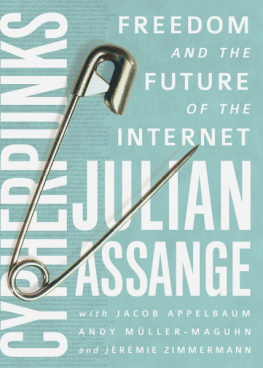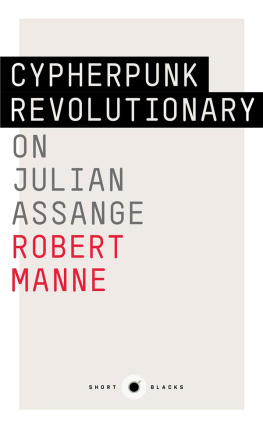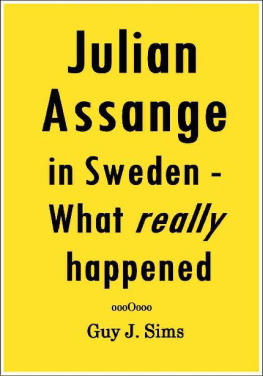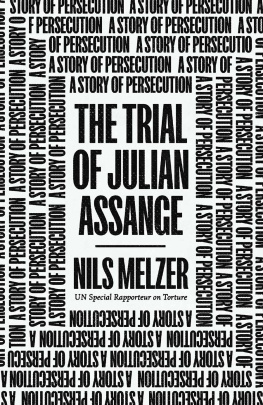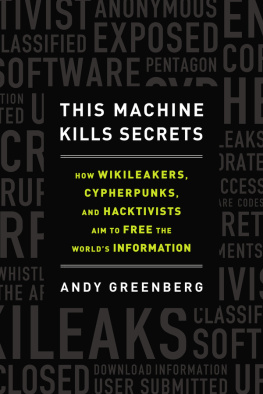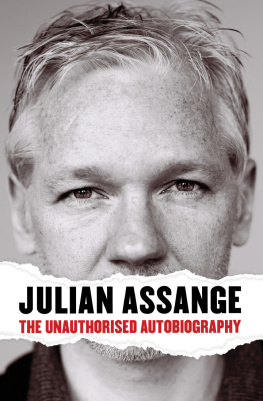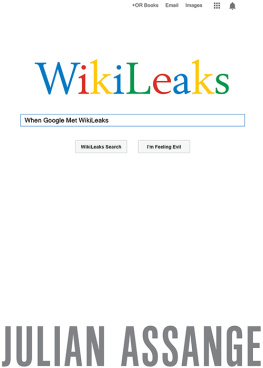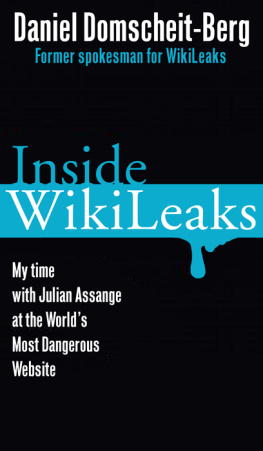



2021 Karen Sharpe
Published by OR Books, New York and London
Visit our website at www.orbooks.com
All rights information:
All rights reserved. No part of this book may be reproduced or transmitted in any form or by any means, electronic or mechanical, including photocopy, recording, or any information storage retrieval system, without permission in writing from the publisher, except brief passages for review purposes.
First printing 2021
Library of Congress Cataloging-in-Publication Data: A catalog record for this book is available from the Library of Congress.
British Library Cataloging in Publication Data: A catalog record for this book is available from the British Library.
Typeset by Lapiz Digital. Printed by BookMobile, USA, and CPI, UK.
paperback ISBN 978-1-68219-308-2 ebook ISBN 978-1-68219-247-4
PREFACE
Frank Nicholson, librarian of the University of Edinburgh in 1917, recalled his friendship with a young British officer that autumn: He was one of those to whom the miseries of the world are misery and will not let them rest, and he went back to spend his life doing what he could to palliate them. The officer was a twenty-four-year-old second lieutenant undergoing treatment for shell shock at Craiglockhart War Hospital. He was also a poet. His name was Wilfred Owen. Owen recovered and returned to the war to palliate the misery of the men under his command. His empathy for suffering humanity extended to enemies, who shared the same brutal experiences. He studied German under Nicholson to build friendships after the war. His death from German machine-gun fire four days before the Great War ended on November 11, 1918, made that impossible. Owen, whose great poems Dulce et Decorum Est and Anthem for Doomed Youth consecrate the sacrifices of the First World War, resembles no one in our time as much as Julian Assange.
Like Owen, Assange has taken the side of the victims against the powerful who conspire against them in secret. Like Owen, Assange has paid a price in mental anguish. He may also, like Owen, pay with his life if his persecution is prolonged. British Magistrate Vanessa Baraitsers decision of 4 January this year to deny the American application for Assanges extradition to the United States is, for the moment, a stay of execution. The British authorities, rather than release him, returned him to his cell in in the notorious Belmarsh Maximum Security Prison to await the governments appeal. If a higher court reverses Baraitsers verdict, Assange will proceed to the United States for a trial on 18 criminal charges, most under the draconian 1917 Espionage Act, and a maximum sentence of 175 years. If the court upholds her judgement, Assange may at last go free. The process may last a year. Meanwhile, he must endure the same terrible conditions that have reduced his health to the extent that Magistrate Baraitser did not believe he would survive more punitive confinement in the United States.
Whichever way it goes, the message is clear: do not mess with the national security state. Its reach is long, and its fist is hard. It is safer for journalists to write about fashionable clothing, fast cars, gourmet food, and other commodities, including celebrities, that provide an advertising-friendly environment. Dont pry. Tell whistleblowers to keep their documents and conceal criminality. Dont bother the public with unpleasant facts. After all, Alls best in this, the best of all possible worlds. Those who dont accept that can swallow Purdue Pharmas OxyContin until they do. Thats what its for.
In these pages, you will read Julian Assanges words as he wrote or spoke them. They carry the authority of the victims advocate who risked his freedom for them and forfeited his liberty and his health. We do not have national security concerns, he says. We have concerns about human beings. So did Owen, who wrote in the preface to a book of poems he did not live to see published, My subject is War and the pity of War. The poetry is in the pity.
Assanges subject too is war, what the AmericanIsraeli writer and dissident Jeff Halper called the war against the people in his book of that name. No one reading the military cables made public by WikiLeaks, with their casual dismissal of civilian deaths and torture, can avoid pity for wars victims. Assange, like Halper, has provided documentary evidence of the expansion of surveillance and control of ordinary citizens lives mirroring the Israeli security establishments domination of Palestinians under military occupation. Not only Palestine, but much of the world, is a gigantic laboratory to test equipment, techniques, psychological manipulation, and violence to prevent people from protesting their powerlessness and impoverishment. How else could humanity accept that 1 percent of the population hoards 88 percent of the wealth while the poorest half makes do with 1 percent?
This book serves as a corrective to the disinformation surrounding Julian Assange and WikiLeaks. When the U.S. Army Counterintelligence Center initiated what it called a program to damage or destroy this center of gravity called WikiLeaks in 2008, the psychological warfare against Assange began. Other U.S. agenciesthe Pentagon, the Central Intelligence Agency, the National Security Agency, and the State Department followed the Armys lead in investigating, surveilling, and defaming Assange. The resources mobilized against a lone publisher and journalist were unprecedented, a tribute to Assanges impact. So many lies have circulated that the public has not had the chance to know what Assange has actually done and said. Now, it does.
Charles Glass, 2021
ACKNOWLEDGMENTS
First and foremost, I must thank Julian Assange for the world-changing information and revelations he has uncovered and published at great personal peril, and for his wisdom and courage that inspire so many of us to question and work for change. Much gratitude goes to OR Books, for including this book among the many excellent ones they publish, with special thanks to Catherine Cumming, whose careful reading assured the factual and stylistic accuracy of the text. Immeasurable gratitude to Mark Powelson, for the astute and invaluable advice he provided throughout the process. Much appreciation to Joe Lauria, who offered initial suggestions and facilitated important connections. And deep thanks to people who provided greatly appreciated suggestions and offered ongoing encouragement: Henriette Chardak, Viktor Dedaj, Ulysse Diaz, Diana Johnstone, Alexandra Lefebvre, Annie McStravick, Susan Moldow, Aisha Sharpe, and Zoe Sharpe. And enormous appreciation to all those journalists, authors, and filmmakers from whose works many of the quotations in this book were taken, among whom: Decca Aitkenhead, Tariq Ali, Chris Anderson, Nikki Barrowclough, Al Burke, Carole Cadwalladr, Steve Croft, Suelette Dreyfus, Andrew Fowler, John Goetz, Amy Goodman, Oscar Grenfell, Megyn Kelly, Raffi Khatchadourian, Margaret Kunstler, Clara Lpez Rubio, Stefania Maurizi, Simon Murphy, Juan Pancorbo, Hans Ulrich Obrist, John Pilger, Afshin Rattansi, Darius Rochebin, Marcel Rosenbach, Martin Smith, Michael Sontheimer, Yanis Varoufakis, and Slavoj iek. And of course grateful acknowledgment to the millions of people all over the world who continue to demand that Julian be freed and that freedom of speech prevail so that publishers and journalists like Julian may speak freely, holding power accountable.
Next page


